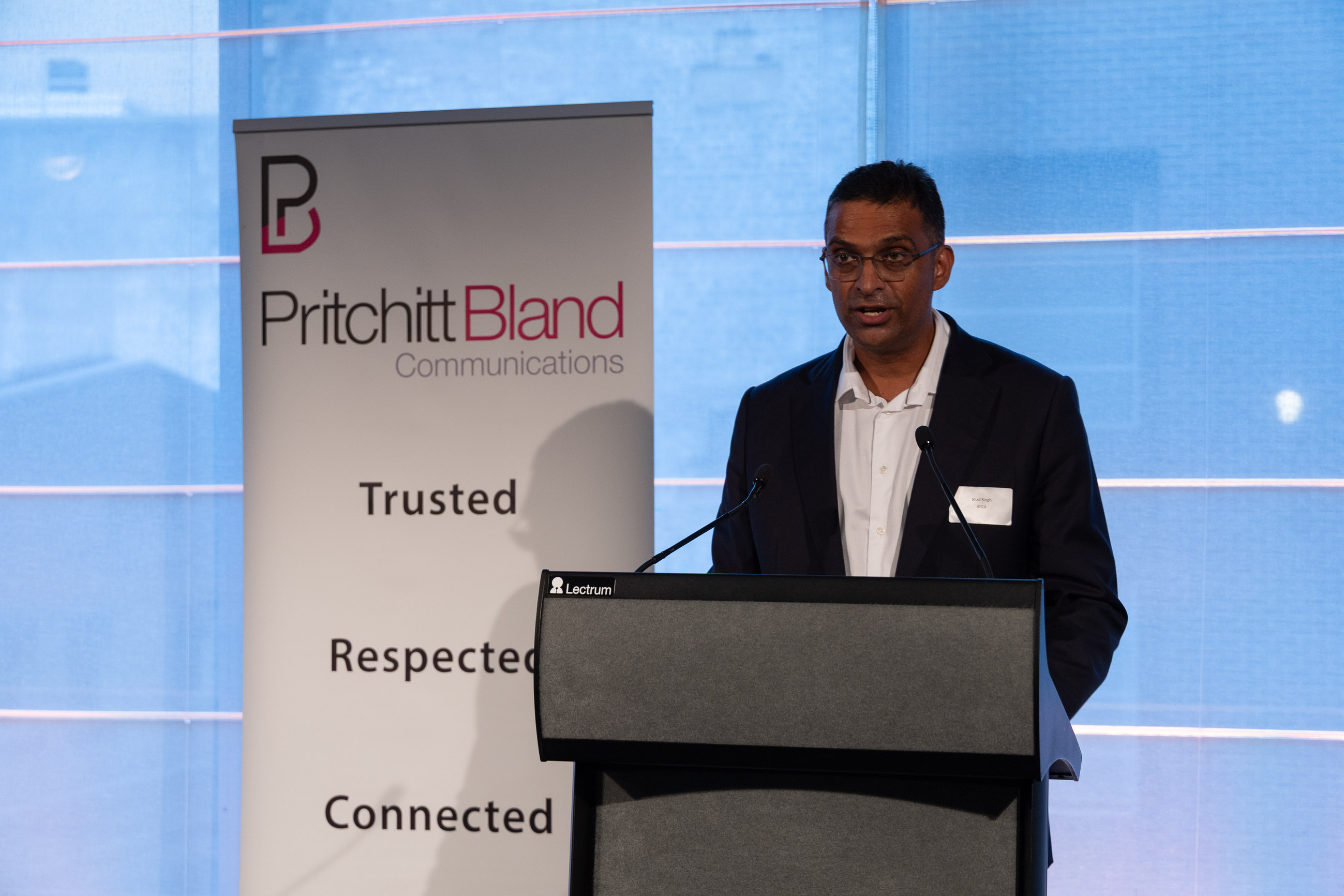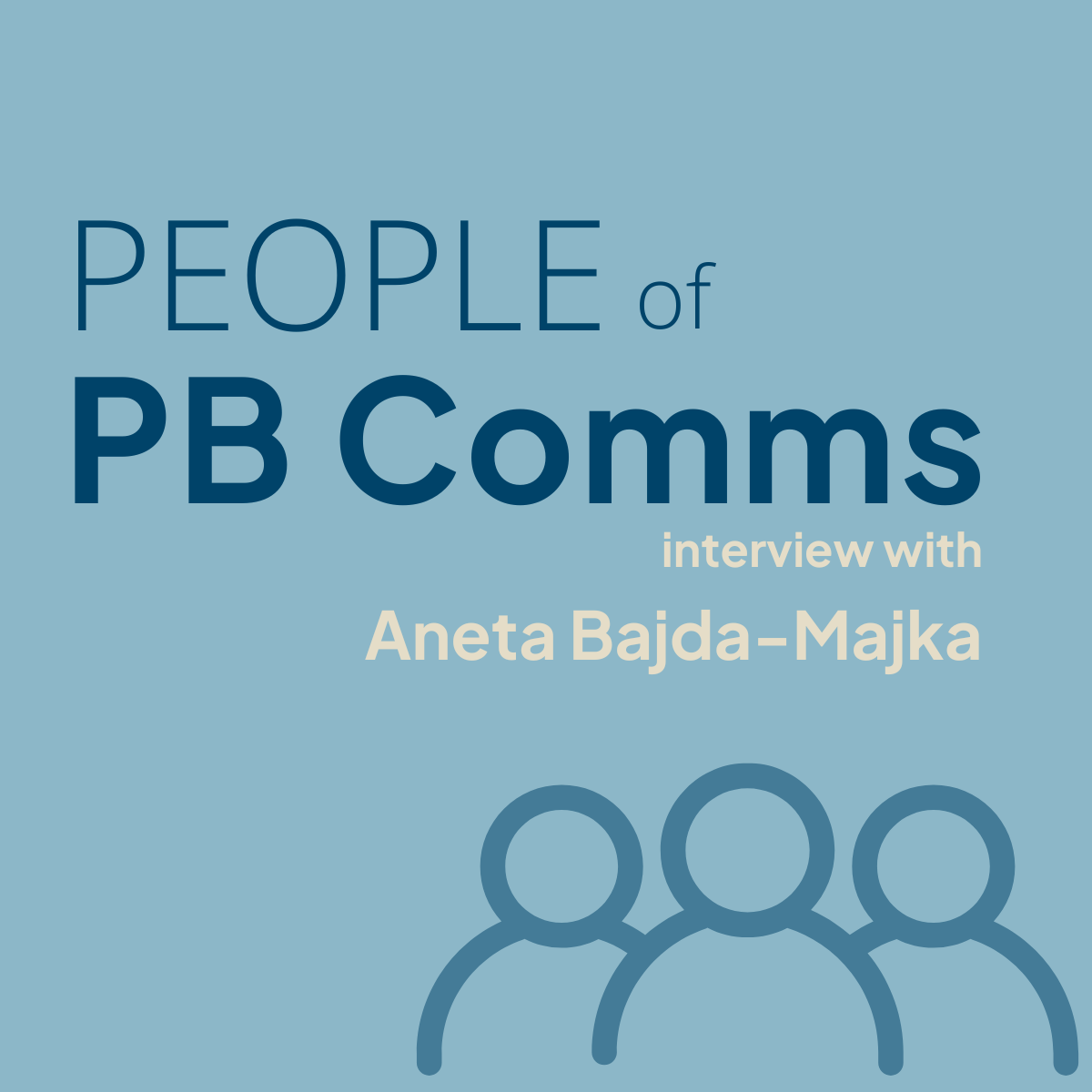Checking through the “Acceptance” list for our annual New Year reception this week- featuring John Maroney, SMSF Association CEO - has me thinking about how useful such events are, on many levels. Acceptances include old friends and contacts as well as contacts we have made more recently, as we both keep in touch and consolidate relationships.
Done properly, entertaining is a very cost-effective part of public relations.
While there is now a whole sector dedicated to Events Management, not all functions need to be full of razzamatazz and cost a bomb. But they do need to be interesting and professionally run.
Major events, like celebrations and product launches may need glitter, but going over the top can be detrimental in many circumstances.
Here are some of the lessons learned over the years.
What event and why?
There are many different types of event – conferences, launches, lunches, dinners, cocktail parties, seminars, celebrations, the list could go on. But it is essential to work out the aims of the activity to help decide the best approach and contribute to success. The two take-outs that all guests should have are increased knowledge (especially if there are speakers) and enjoyment. You don’t want guests to be bored and turned off, which can easily happen if there is not a disciplined format. A ten-minute presentation should mean that - not a self-indulgent 30-minute ramble. A vote of thanks should be a two-minute acknowledgement, not a 10-minute opportunity to air your knowledge (and possibly bore your audience).
Planning
As with all activities, planning and managing is critical to success. Ensuring invitation lists are up-to-date and complete (it’s not a good look to invite some-one no longer with us); that any guest of honour is committed well beforehand; the venue is appropriate and booked; and there’s time-line for promotion, social media activity, invitations, follow up, and arrangements such as photography, format, venue, menus, printing and the like.
Programs of events should not only focus on big occasions like conferences and presentations, as smaller events can be even more effective in relationship building and improving understanding. But in either case, planning is important.
Small events
We like regular small events such as round-table discussions very much. They are useful in enhancing relations with clients and provide a vehicle for stimulating conversation that improves understanding. With round-tables, getting the mix and seating arrangements right play a big role. A trick is to make sure everyone has the opportunity to participate and contribute.
Hosting
Hosts are not there simply to have fun or catch up with one or two old friends. Ideally a host representative should spend time with every guest. This might not be practical, but it is their responsibility to “work a room” and catch up with as many people as possible. Hosts are not always there to take a starring role but to facilitate, which includes making sure the event runs smoothly, and that all guests are involved and meet people with like interests. Looking after the guest of honour and other VIPs is also important (but not to the exclusion of others).
Attendance isn’t everything
Sure, it’s nice to get a packed turnout, but sometimes the day chosen turns out to be the wrong one for many. That doesn’t make an event a failure. Over the years we’ve received many “apologies” that showed us that attendance is not the only important statistic. It’s those you contact, their response, as well as the opportunity for follow up, that also shows an event is working for you. Follow up emails to those unable to attend, as well as attendees, can lead to closer relations.
Success
A successful event can be measured in many ways, hopefully through positive feedback showing guests enjoyed themselves, were stimulated, and learned something. We organise a number of media lunches each year, and have learned from them that a good lunch involves good food or good discussion, hopefully both. These are not bad targets for any function but there are other criteria. To us, success from a media lunch is coverage (not necessarily straight away), enhanced relationships, and gaining a better understanding of a client’s activities and appreciation of their expertise that results in them being quoted as experts.



















